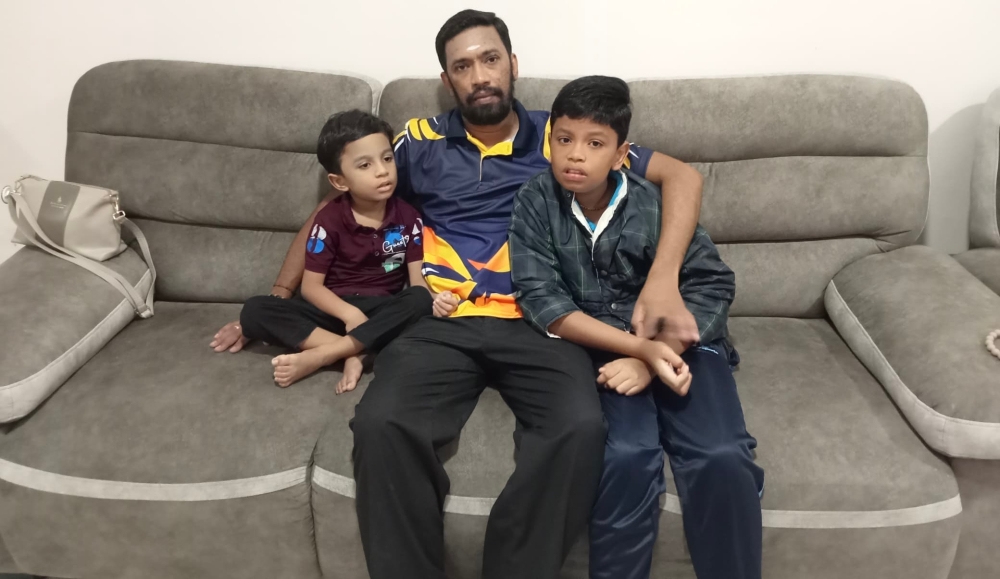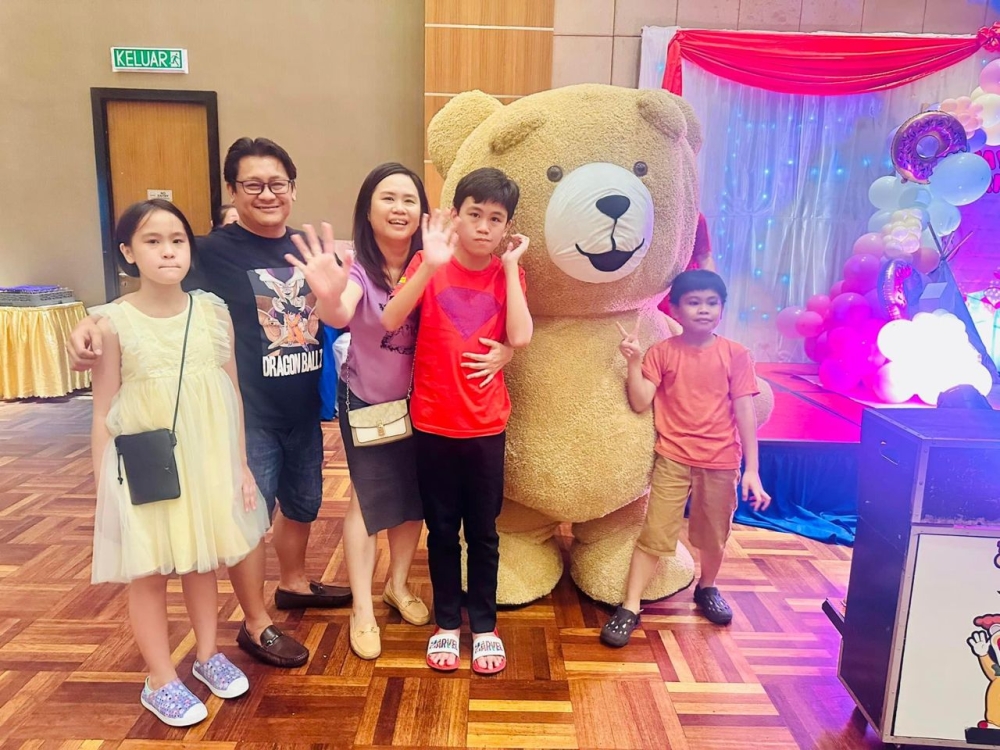KUALA LUMPUR, April 2 — It felt like the end of the world for Jennifer Balanting when her eldest son Ashton was diagnosed with mild autism at the age of three.
“At first, I thought it was alright because boys usually take longer to reach certain milestones,” said the mother-of-three.
“But, my brother advised me to consult a doctor when Ashton turned three.
“After his diagnosis, I stopped working for five years. I was very demotivated for some time and felt like a failed mother.”
Her son’s diagnosis led Jennifer to discover that facilities for autistic children in Sabah were lagging far behind what was available in the Peninsular.
So, she banded together with several other parents with autistic children to establish the National Autism Society of Malaysia’s (Nasom) branch in Kota Kinabalu and founded the Sabah Autism Society in 2018.
The Nasom centre, which focuses on early intervention programmes, currently cares for 27 children below the age of 12.
Soon, it will also include vocational programmes and explore potential employment opportunities for autistic children.
“Ashton is a God-given opportunity for me. I’m grateful to him for allowing us to inspire the people around us,” Jennifer said.
The responsibility is double for Suntaresan Sauamamtham, 40, who has two sons with autism.

His eldest son Sharwin was diagnosed with Level 3 autism and just last year, his second son Sri Sutharshan was diagnosed with Level 2 autism.
In 2019, Suntaresan relocated from Tanjung Malim to Sentul for his eldest son to undergo early intervention programmes at Permata Kurnia.
Suntaresan said raising two children with autism would have been like “drifting helplessly in a sea” without his family’s steadfast support.
“My eldest son currently attends Program Pendidikan Khas Integrasi at a public school, and in the evening, he goes for pre-vocational classes at the National Autism Society (Nasom) Gombak that costs RM500 monthly.
“My younger one attends early intervention programmes at a private centre on weekdays, which costs RM1,600 monthly.
“His speech therapy sessions during weekends cost RM180 per hour.
“Due to the financial commitments, my wife and I have to work full-time. And, I do e-hailing over weekends to make additional income.
“So, we rely on my parents to take care of the kids,” he said.
Similarly, Jennifer said her parents, who live right next door, drive her son to his therapy sessions now that she has returned to working full-time.

Prioritising marriage and mental health
Jennifer stressed that couples must step away from their routine occasionally and make time for themselves to avoid burnout.
For instance, she and her husband would leave their children with their grandparents’ to spend some quality time together, at least two to three times a week.
Likewise, Suntaresan said couples must develop greater understanding between them to prevent a strain on their marriage.
In fact, Suntaresan said he attended counselling sessions to manage his stress levels and find better ways to deal with his children.
“It is alright to seek help if you feel overwhelmed. We have to be in the best shape to care for our kids,” he said.
He also called on the government to support parents with some crucial measures for autistic children to thrive.
“With autism rising in Malaysia, the government should establish a National Autism Council, which should serve as a one-stop centre for all autism-related matters.
“The Education Ministry should also provide more therapy-based sessions for children with Level 3 autism to develop their motor skills under the Program Pendidikan Khas Integrasi,” he said.






















